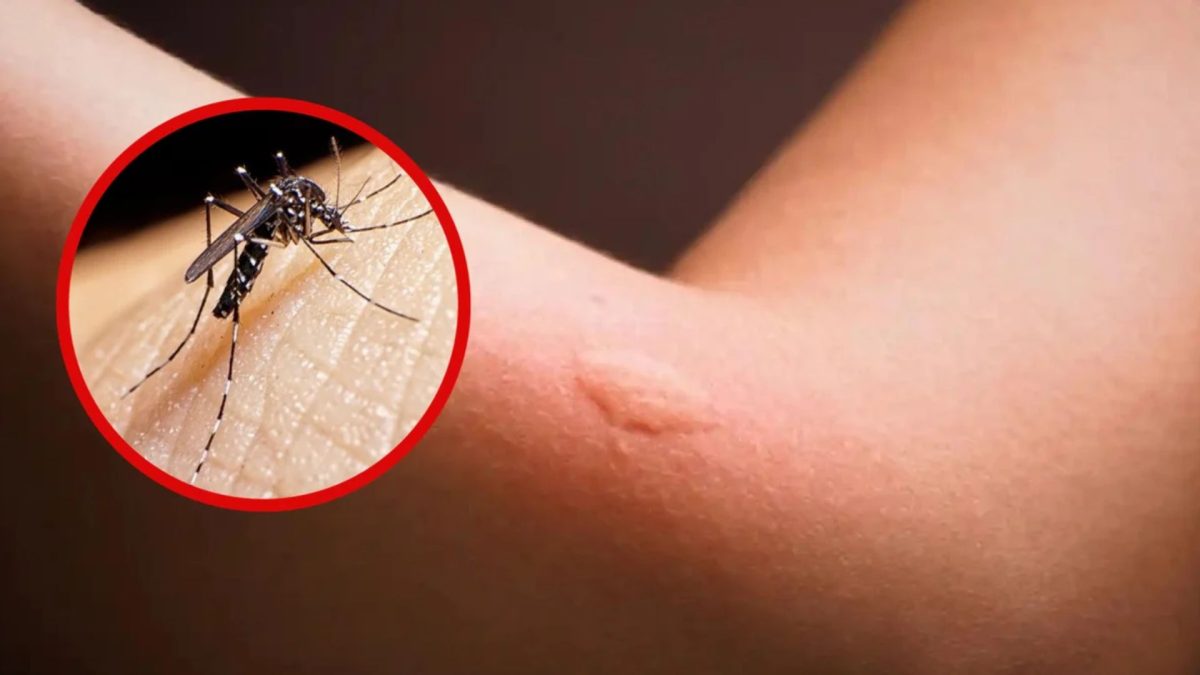Latin America faces its worst dengue fever outbreak on record. Millions of people have been infected and hundreds have died thanks to the mosquito-borne virus, which threatens healthcare infrastructure and raises concerns about future outbreaks in the region.
Changing factors across the globe have generated the ideal breeding grounds for the Aedes Aegypti mosquito, which is the primary transmitter of the disease. Climate change, inadequate sanitation, and urban sprawl have been some of the new factors that contributed to the proliferation of the virus.
“Dengue cases are surging in the Americas, with cases reported topping 5.2 million as of this week, surpassing a yearly record set in 2023, according to the Pan American Health Organization (PAHO),” Michael Rios, writer at CNN, said.
Throughout this uprise in Denge, public health officials struggle to contain the outbreak, emphasizing preventative measures and control strategies. However, the scale of the crisis exposes vulnerabilities in healthcare infrastructure, particularly in under-resourced communities.
“The institute plans to submit the dengue vaccine to Brazil’s regulatory agency for approval in the next few months and could begin producing it next year. But that won’t help with this outbreak and, by the time the production gears up and a national rollout gets started, it may not be enough to help with the next one, either; dengue typically surges in three- or four-year cycles,” Stephanie Nolen, a writer at the New York Times, said.
While dengue has long been a threat in Latin America, new changing factors such as urbanization, environmental degradation, climate change, and globalization, create an ideal environment for the propagation of the disease and mosquitoes.
“More than 3.5 million cases of dengue have been confirmed by governments in Latin America in the first three months of 2024, compared with 4.5 million in all of 2023. There have been more than 1,000 deaths so far this year. The Pan-American Health Organization is warning that this may be the worst year for dengue ever recorded,” Stephanie Nolen, a writer at the New York Times, said.
The outbreak and propagation of the disease call for a coordinated response. Collaboration between countries is a crucial step in reducing the cases, as well as resource allocation, and potentially even joint vaccine development efforts.
“In a new epidemiological alert, the Pan American Health Organization (PAHO) reiterated its call to countries in the Americas to intensify efforts and actions to control the Aedes aegypti mosquito, the main vector that transmits dengue fever. The call comes in response to a significant increase in several reported cases among several countries during the first weeks of 2024,” Dr. Barbosa, the director of the PAHO, directs.
Although dengue fever might only produce flu-like symptoms at the initial stages, this viral infection can further develop deadlier symptoms this viral infection can take a dangerous turn. Severe headaches, vomiting, and muscular pain can be generated due to this virus, sometimes leading to one’s death.
“According to the Centers for Disease Control and Prevention, “dengue viruses are spread to people through the bite of an infected Aedes species” mosquito, with symptoms that can range from mild to life-threatening for those who get sick from the infection. About 1 in 20 people can get severe dengue, which can lead to death,” Sandra Lilley, a writer at NBC News, said.
As the rainy season approaches in some regions, dengue cases seem to rise up again. Although researchers are doing their best effort to develop new vaccines and treatments for the virus, the outcome will determine not just the immediate crisis, but also Latin America’s ability to prevent future outbreaks.
“Brazilian doctors are trying to develop and disseminate vaccines against dengue fever, but the challenges are enormous. Meanwhile, the disease is spreading so fast it could affect Central America, aggravating the already fraught migration crisis at the US-Mexico border,” Monica De. Bolle a writer at the PIIE, said.



